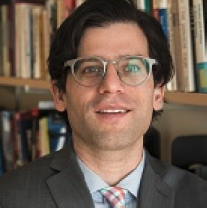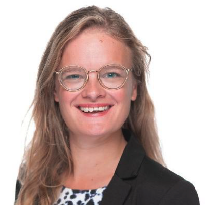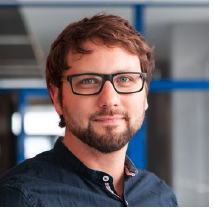Roundtable discussion: Transparent methods, pre-registrations, and replications in political science
18 February 2021 • 11h30 18 February 2021 • 13h00
Zoom
Many disciplines in the social sciences face a ‘credibility crisis’. In response to such crises, the Open Science movement is promoting research practices that are more transparent. In political science, there is a clear trend towards more transparent and replicable research. More and more journals are requiring the pre-registration of experimental work and a few journals are already publishing registered reports. Given these rapid changes, this roundtable discussion will draw attention to the need for transparent and replicable research, and talk about best practices and ways to implement the recommendations from the Open Science movement. The participants to this roundtable discussion have ample experience with pre-registration and pre-registered reports themselves, for experimental and observational work.
Contact mehmet.ali.semih.cakir@umontreal.ca to get the zoom link.

Aaron Erlich is an Assistant Professor in the Department of Political Science at McGill University, where he is a member of the Centre for the Study of Democratic Citizenship and a founding member of the Centre for Social and Cultural Data Science. Broadly speaking, Aaron is interested in democratization and democratic development. Much of his research addresses the role that information plays in developing democratic polities. He maintains active research projects in the former Soviet Union, Eastern and Southern Africa, and Mexico. Aaron has written about the topic of pre-acceptance and previously edited a pre-acceptance issue.

Amélie Godefroidt is a Postdoctoral Researcher at the Department of Sociology and Political Science at the Norwegian University of Science and Technology (NTNU). Before this, she was a PhD Fellow of the Research Foundation Flanders—FWO at the Centre for Research on Peace and Development at the University of Leuven (KU Leuven) in Belgium. Her research focuses on the emotional and socio-political consequences of political violence, especially of those violent events labelled “terrorism” in public and elite discourse. Methodologically, she predominantly uses experimental and survey data as well as content analysis and meta-analytical techniques to address these topics in various countries across the world, including Belgium, the US, Nigeria, Azerbaijan, and Northern Ireland. Amélie is also a co-founder of #Meth-Lab at the Faculty of Social Sciences at KU Leuven. In this capacity, she has been organizing entry-level workshops on methods for PhD students and post-docs.

Alexander Wuttke is a researcher for MZES (Mannheim Centre for European Social Research) at the University of Mannheim. He is associated with the Chair for Political Psychology (Harald Schoen) and with the German Longitudinal Election Study (GLES) where he is involved with GLES online panel surveys. Alexander investigates political phenomena by using the toolbox of research psychologists. Using a wide array of observational and field-, survey- and quasi-experimental methods, he studies political engagement in liberal democracies and current challenges to liberal democracy through the eyes of ordinary citizens. Alexander is a catalyst of the Berkeley Initiative for Transparency in the Social Science and one of the co-founders of the Mannheim Open Science Meetup. He also co-edited a special issue on Open Science for PS: Political Science and Politics.

This content has been updated on 20 March 2021 at 17 h 56 min.